Hi i have a Base class containing one string member as belows :
public class BaseClass
{
public String test;
}
Child class extending base class where i wish to initialize the test value.
public class ChildClass extends BaseClass
{
public void initialize()
{
System.out.println("inside constructor of ChildClass.");
this.test="stringtest";
}
}
Test class where i wish to use the value of test variable of base class:
public class TestClass extends BaseClass
{
public void test()
{
new ChildClass().initialize();
System.out.println(this.test);
}
public static void main(String[] args) {
new TestClass().test();
}
}
Now my above code is printing null inside test class. why so? although i have initialized the test variable in child class? am i going wrong somewhere in java concepts?


